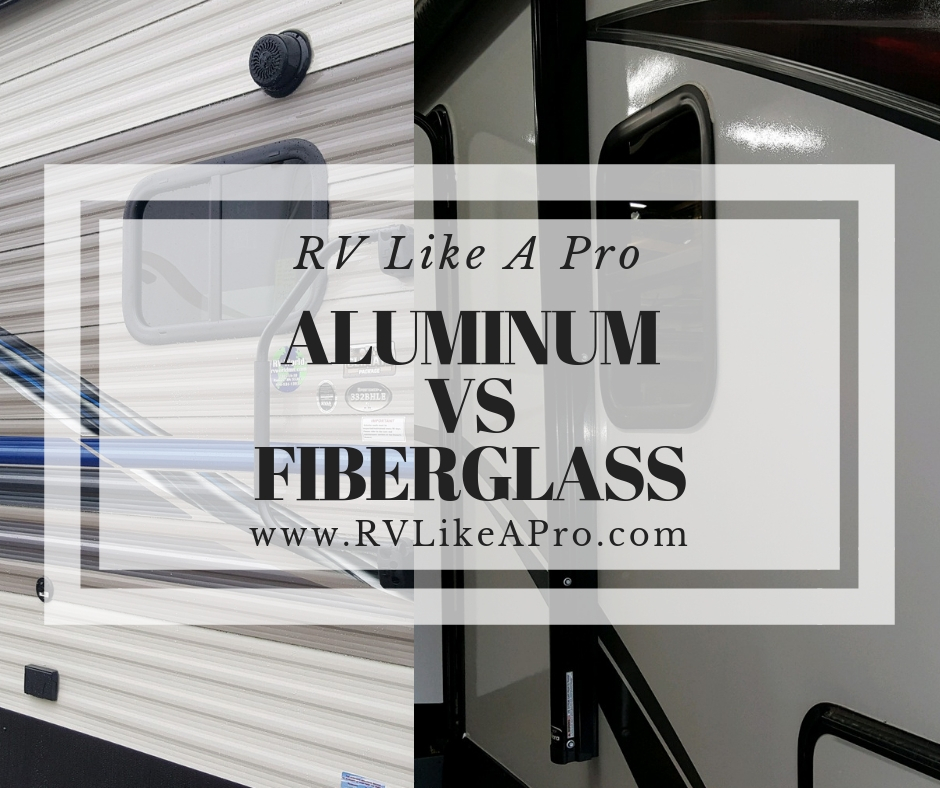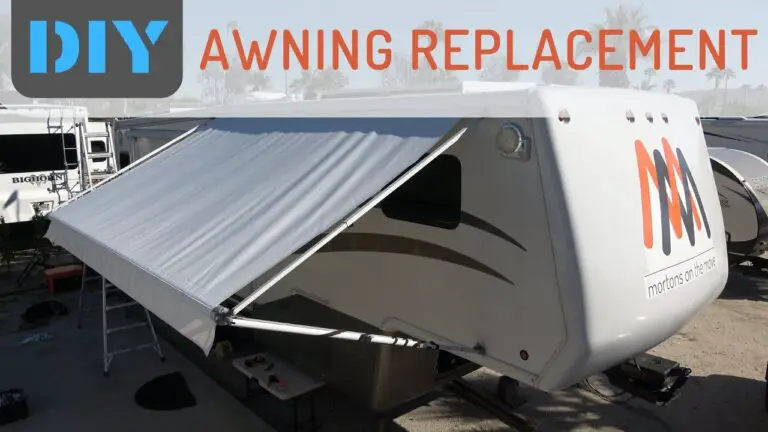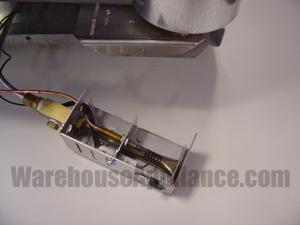Aluminum Vs Fiberglass Rv
Aluminum and fiberglass RVs offer different benefits and drawbacks for RV enthusiasts. Aluminum RVs are known for their durability and light weight, making them easier to tow and more resistant to damage from the elements.
Fiberglass RVs, on the other hand, are praised for their sleek and modern appearance, as well as their superior insulation and noise reduction capabilities. Ultimately, the choice between aluminum and fiberglass comes down to personal preference and specific needs. Whether you prioritize durability and weight or value aesthetics and comfort, both options offer unique advantages for RV owners.
Pros And Cons Of Aluminum Rvs
| Pros of Aluminum RVs |
|---|
| Lightweight and Easy to Tow |
| Durable and Resistant to Corrosion |
| Excellent Insulation Properties |
| Versatile and Easy to Customize |
| Higher Initial Cost |
Aluminum RVs have a number of advantages. Firstly, they are lightweight and easy to tow, making them ideal for those who prefer a hassle-free travel experience. Additionally, they are highly durable and resistant to corrosion, ensuring that your investment stands the test of time. The excellent insulation properties of aluminum RVs help maintain a comfortable temperature inside, no matter the weather conditions outside. Furthermore, aluminum RVs offer versatility and can be easily customized to suit your personal preferences. It is important to note that aluminum RVs tend to have a higher initial cost compared to their fiberglass counterparts. However, the long-term benefits and durability of aluminum RVs make them a worthwhile investment for those looking for a reliable and customizable recreational vehicle.
Pros And Cons Of Fiberglass Rvs
When comparing aluminum and fiberglass RVs, it’s important to consider the pros and cons of fiberglass RVs. One of the main advantages is their sleek and streamlined design, which gives them a modern and attractive appearance. Fiberglass RVs are also low maintenance and easy to clean, making them a convenient option for owners.
Additionally, fiberglass RVs offer superior weather resistance compared to their aluminum counterparts. The fiberglass material is resistant to UV rays, preventing fading and damage from the sun. It also provides better insulation against noise and heat, creating a comfortable and quiet interior.
However, it’s worth noting that fiberglass RVs have a higher overall cost compared to aluminum RVs. The manufacturing process and materials used contribute to this higher price point. Despite this drawback, many RV enthusiasts are willing to invest in the benefits of fiberglass RVs.
Factors To Consider When Choosing Between Aluminum And Fiberglass Rvs
The choice between aluminum and fiberglass RVs depends on several factors. One of the crucial factors to consider is your budget and initial investment. Aluminum RVs tend to be more affordable upfront, while fiberglass RVs are pricier but may offer better long-term durability.
Weight and fuel efficiency are also important considerations. Aluminum RVs are typically lighter, which can result in better fuel efficiency. On the other hand, fiberglass RVs may be more aerodynamic, potentially improving fuel efficiency.
Personal style and aesthetics play a role in the decision-making process. Aluminum RVs often have a classic, retro look, which appeals to some individuals. Fiberglass RVs, on the other hand, offer a sleek and modern appearance.
The climate and weather conditions in your area should also be taken into account. Aluminum RVs are known to resist corrosion better, making them suitable for coastal regions. Fiberglass RVs, however, are better at withstanding extreme temperatures.
Maintenance and upkeep are factors to consider as well. Aluminum RVs may require more regular maintenance, such as sealing and polishing, whereas fiberglass RVs typically need less maintenance.
Lastly, the resale value of the RV should be considered. Fiberglass RVs generally retain their value better over time, while aluminum RVs may depreciate more quickly.

Credit: rvlikeapro.com
Choosing The Right Rv Material For Your Needs
Choosing the right RV material for your needs involves considering several factors. First, determine your camping style and frequency. Are you someone who enjoys frequent camping trips, or do you prefer occasional getaways? Assess your towing vehicle’s capability to ensure it can handle the weight of the RV material you choose.
Consider your budget and financial situation. Aluminum and fiberglass RVs have different price ranges, so think about what you can afford and how much you’re willing to invest. Evaluate your climate and travel destinations. Fiberglass RVs may better withstand extreme temperatures and harsh weather conditions.
Research and compare brands and models of both aluminum and fiberglass RVs. This will help you make an informed decision based on your priorities. Seek expert advice and read reviews to gain insights into each material’s pros and cons. Remember, it’s crucial to choose the RV material that best suits your needs and preferences.
Frequently Asked Questions On Aluminum Vs Fiberglass Rv
How Do Aluminum And Fiberglass Compare In Terms Of Weight?
Aluminum is lighter than fiberglass, making it a popular choice for RVs that prioritize fuel efficiency and easy maneuverability.
Which Material Is More Durable, Aluminum Or Fiberglass?
Both aluminum and fiberglass are durable, but fiberglass is generally more resistant to dents and scratches, making it a better option for off-road adventures.
Are There Any Differences In Terms Of Insulation Between Aluminum And Fiberglass Rvs?
Fiberglass RVs tend to have better insulation properties, making them more efficient in maintaining a comfortable interior temperature in extreme weather conditions.
Does The Choice Of Material Affect The Cost Of An Rv?
Aluminum RVs are generally more affordable initially, but fiberglass RVs may offer better long-term value due to their durability and lower maintenance costs.
Conclusion
Based on the comparison of aluminum and fiberglass RVs, it is evident that each material has its pros and cons. Aluminum offers durability and a lightweight design, while fiberglass provides a smooth exterior and better insulation. Ultimately, the choice between the two depends on individual preferences and priorities.
Whether you prioritize durability or aesthetics, make sure to consider all factors before making a decision. Happy RVing!






